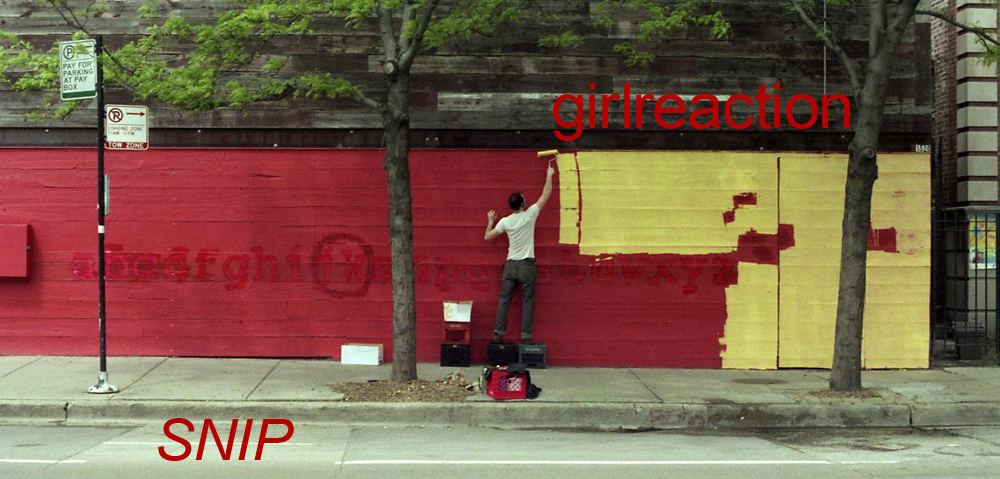A big whopper of a book, for which the reviews are either enthustiastically postive (almost anywhere you look, and it also won the National Book Award) or soo soooo negative as to be completely comical.
I fall somewhere between. Not the best book I’ll read this year: it’s sprawling and sloppy and segues awkwardly. Not the worst book I’ll read: it’s descriptive and evocative and critical and inquiring.
I thought the beginning was kinda confusing, as one event in the 1963 chapter flashes forward to 1967, and a lot of characters get introduced in offhand ways, leading me to create a flowchart (that I stopped needing after a bit) of who knew who and who was related to who. But once you get going, that all went away.
I thought it was sort of a rough-and-tumble “boy” book. If you’ve read any W.B. Griffin, you might know what I mean. Crudely descriptive, rude when it doesn’t have to be, but the way you imagine things in the military often are. Some things that the bad review mentions, I realized I had kind of chalked up to the “boy” ness of it. Maybe that’s me being kind? Maybe that’s not really acceptable in a book acclaimed to be of ‘such’ caliber? But it didn’t bother me the way it did that reviewer.
On the other hand, I can agree (with the bad review) that some of the writing isn’t great. (Although there were certainly chapters where I felt he hit his stride.) But I would say that wasn’t really The Point here. Isn’t the convoluted confusion of a messy mixed up war what the reading experience of this was like? Isn’t the disconnected rambling way in which these characters make decisions and relate to one another part of what war does to you? Doesn’t The Colonel and all his ridiculousness serve as a macrocosm for U.S. foreign policy and procedures of the time?
It’s certainly one of very few Vietnam novels to have fairly major Vietnamese characters, (as pointed out by fridaysixpm, one of the reasons I decided to read it), some of whom are fleshed out more than others, yes.
I didn’t like the end. I thought the “big event” of the end happened so weirdly that I felt sort of detached from it, and I really didn’t see the point in having a) the character who ended the book be the one to end it or b) those particular sentiments at the end as they are really in opposition to what I think the real feeling of it was.
But I certainly thought it was worth reading: intense, rambling, yet strikingly evocative. If “knowing the Vietnam canon”, so to speak, is one of your reading goals/needs, then I don’t see how you can pass this up. It certainly adds another view, and one I haven’t quite seen done before. And the ultimate truth of the experience relayed emotionally here is one I think agrees with other, perhaps more easily readable, of the famed Vietnam books (O’Brien, Caputo, and others).
